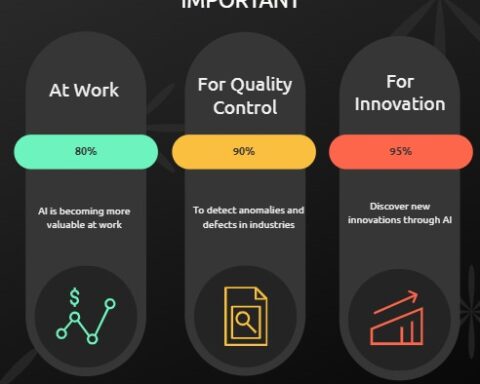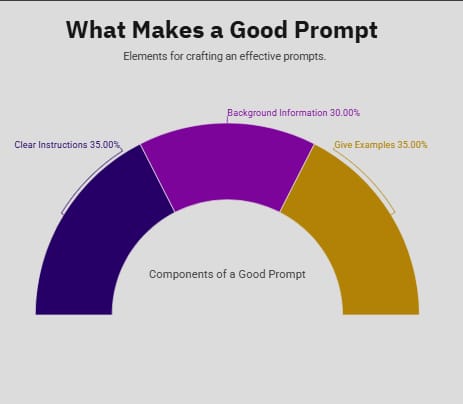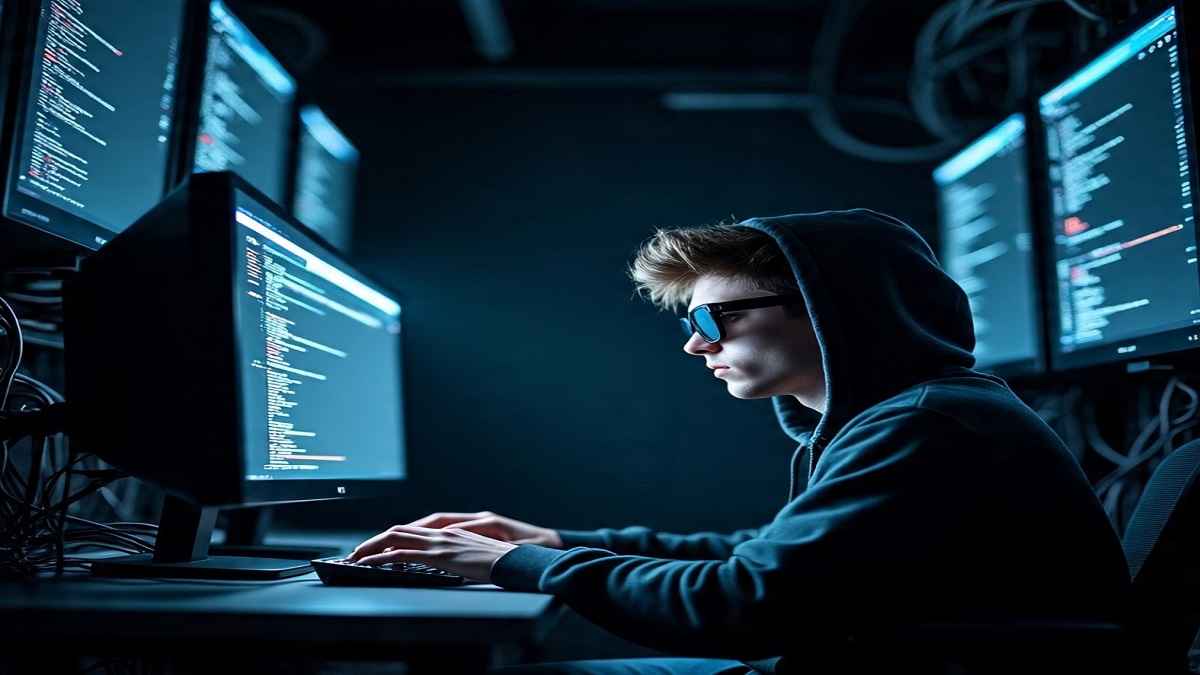Cybersecurity Awareness: In an era where our lives are seamlessly interwoven with the digital realm—from banking and healthcare to social connections and remote work—the importance of cybersecurity has never been more pronounced.
Yet, as we embrace the convenience of technology, we often overlook the lurking dangers in the shadows of our interconnected world. Cyber threats, once the concern of IT departments alone, now demand the vigilance of every individual and organization.
Table of Contents
The Rising Tide of Cyber Threats
Cybersecurity is no longer optional; it’s a survival skill. With millions of cyberattacks launched daily, the digital landscape is fraught with peril. Phishing scams, ransomware, data breaches, and identity theft have become commonplace, costing global economies billions annually. Hackers exploit human vulnerabilities as readily as technical ones, turning a single weak password or a careless click into a gateway for chaos. The recent surge in remote work and cloud adoption has only widened the attack surface, making everyone a potential target.

The Human Factor: Weakest Link or First Line of Defence?
Surprisingly, over 90% of breaches stem from human error. A misplaced trust in a suspicious email, reused passwords, or delayed software updates can cascade into catastrophic outcomes. Yet, this vulnerability also presents an opportunity: awareness is power. Educating individuals to recognize phishing attempts, enforce strong authentication practices, and adopt skepticism toward unsolicited communications can transform people from risks into resilient defenders.
Building a Cyber-Resilient Future
Protecting our digital lives begins with foundational steps:
- Strong, Unique Passwords & Multi-Factor Authentication (MFA): Simple yet effective barriers against unauthorized access.
- Regular Software Updates: Patching vulnerabilities before they’re exploited.
- Critical Thinking: Scrutinizing emails, links, and requests for personal data.
- Secure Networks: Avoiding public Wi-Fi for sensitive transactions.
Organizations, too, must prioritize cybersecurity culture—training employees, encrypting data, and implementing robust incident response plans. Governments and industries play a pivotal role in setting standards and fostering collaboration to combat evolving threats, including AI-driven attacks.

A Collective Responsibility
Cybersecurity is not a solitary battle but a shared mission. Just as we lock our doors at night, we must safeguard our digital presence with equal diligence. The stakes extend beyond financial loss; breaches erode trust, tarnish reputations, and disrupt lives.
Conclusion: Vigilance as a Virtue
In this digital age, awareness is our strongest armor. Let’s move beyond complacency and embrace proactive habits. Whether you’re a student, a CEO, or a retiree, your actions matter. Together, we can fortify the digital frontier—one informed choice at a time.
The time to act is now. Stay alert. Stay secure. Stay empowered.
In the coming weeks edition of our editorial on “The Guardian of the Digital frontiers”, We will be discussing to details various types of cybercrimes and how they are carried out and the awareness required to beat them to it.
About the Author
Charles Akinjide Ogunmoriyele is a chemical engineering graduate of Obafemi Awolowo University, Nigeria. He founded Edward Louis Limited, focused on renewable energy, real estate, manufacturing, and cybersecurity. Motivated by a personal incident involving cybercrime in 2018, he pursued cybersecurity education and certifications and now an advocate of cyber security awareness. He can be reached via email at edwardlouislimited60@gmail.com
See also:
What is prompt engineering and why is it important?
The Imperative of Cybersecurity Awareness
Lagos–Calabar Coastal Highway: The significance of Celebrating 30km out of 700km. By Yomi Akinfesoye










A welcome development.
This is a compelling read. A lot of organisations display lackadaisical attitude towards cyber security and they end up getting hurt. Cyber attacks can be very expensive when they happen.
People and organisations must do more to ensure they are protected against cyber attacks.